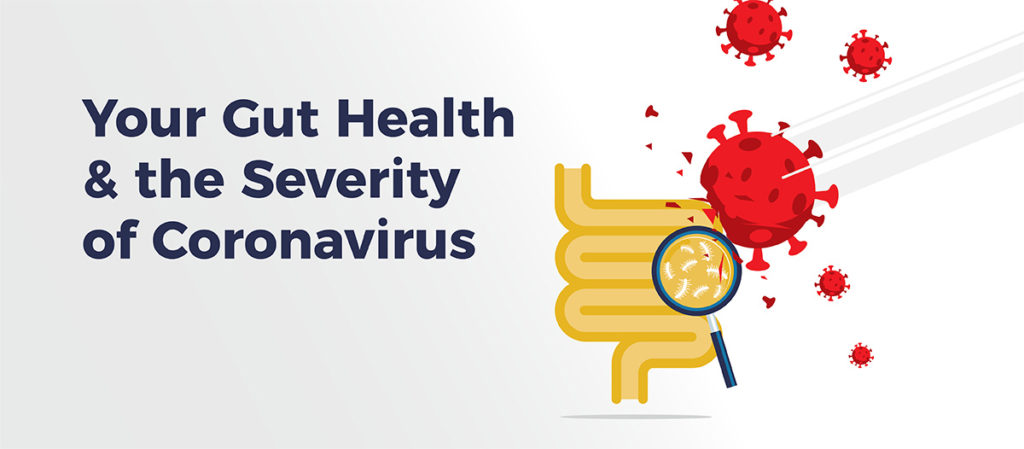Sleep Challenges, Sarcopenia and Your Gut
Sleep Challenges, Sarcopenia and Your Gut
We never get tired of reminding you how much a good night’s sleep can do for your health as a natural way to reboot your body, a lot like your home computer, to repair and restore itself after the stresses of the day.
Staying up too late, following a work schedule that includes 24/7 shift duty or traveling across multiple time zones not only disrupts your body’s natural circadian clock, but it takes away valuable time your body needs to replenish itself.
Over time, these sleep deficits can harm you significantly, leaving you more vulnerable to the cluster of health problems better known as metabolic syndrome.
As you know, the gut plays a major role in your sleep too, and even short-term, drastic changes can harm the balance of gut bacteria you need to maintain good health.
Sleep problems and gut disruptions may also play a key role in worsening sarcopenia, the age-related and progressive loss of strength and muscle mass that often contributes to functional declines especially among seniors, according to a study appearing in the journal Sleep.
Analyzing The Data
A group of European researchers based these conclusions about the links between sarcopenia, gut imbalances and poor sleep based on an analysis of 11 clinical studies conducted with health patients ranging in age from 4-71.
In many ways, sleep problems and gut health issues go hand-in-hand in creating an environment in which sarcopenia emerges as one more serious health challenge.
At the gut level, sleep problems influence an unhealthy balance of gut bacteria that also reduces the structural integrity and functionality of the wall of the gut (which could lead to leaky gut problems).
Bad sleep may also be a trigger for imbalances in gut bacteria that can also create the production of pro-inflammatory chemicals. Even one sleepless night creates an environment that favors anabolic resistance and muscle breakdown.
Muscle Growth and Your Gut
We know this initial review of studies is a toe in the water when it comes to understanding the collision of gut bacteria imbalances, poor sleep and sarcopenia, yet there’s no denying the link between muscles and good gut health is a real one.
Interestingly, another recent review of studies published in the Journal of Cachexia, Sarcopenia and Muscle found a very gut-healthy way to improve muscle mass and muscle strength with the help of probiotics.
In fact, researchers noted significant improvements in global muscle strength among adults older than age 50 after taking a probiotic for at least 12 weeks. Also, among the strains of beneficial bacteria cited in this report included several featured in EndoMune Advanced Probiotic.
There’s still a lot we don’t know about the connections between muscle growth and the gut, but we do know how a healthy gut and a good night’s sleep work hand-in-hand to give your overall health a major boost.
If you need some help improving your sleep hygiene, check out our Sleep 101 article that includes many common-sense steps you can implement today to help your health and your gut too!
Resources
Sleep Challenges, Sarcopenia and Your Gut Read More »







